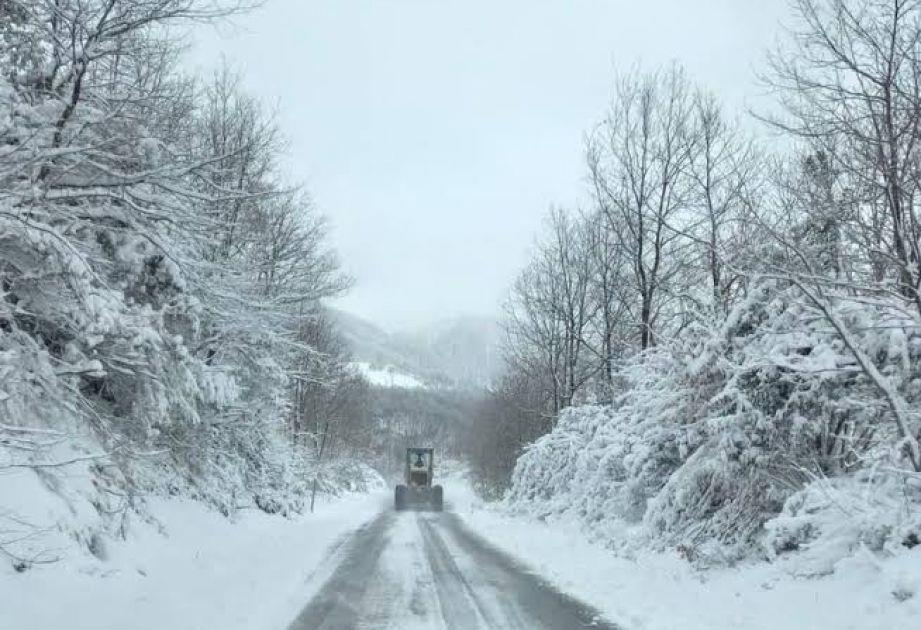
Turkiye Expects To Have Harshest Winter In Last 50-60 Years
It is predicted that this winter will be the harshest season in Turkiye in the last 50-60 years. Currently, air temperatures across the country are lower than in the same period in previous years, and in some regions, snowfall has arrived earlier than usual, Azernews reports.
Scientists attribute this to the unusually hot summer months, as nature tends to adapt to such extremes. This year, Turkiye experienced its hottest summer since 1970, with average temperatures at least 2°C higher than normal.
Experts explain that very hot seasons are often followed by a cold period. Given that the spring and summer months were unusually hot and rainfall was below average, it was anticipated that winter would arrive earlier and be harsher than usual.
Since November 23, the temperature across Turkiye has dropped by 10-15°C. In some regions, snow accumulation has exceeded one meter. Due to the sudden shift in weather conditions, school holidays have been announced in several provinces of Turkiye as a precautionary measure.
In addition to the extreme cold, experts are concerned about the potential impact on agriculture, especially in regions that have already seen early snow. Early snowfall can disrupt the harvest of certain crops, and prolonged cold weather could damage both crops and infrastructure, especially in rural areas.
Meteorologists are keeping a close watch on the situation, as this early onset of winter, combined with the long-term effects of climate change, may lead to more unpredictable weather patterns in the coming years.
Legal Disclaimer:
MENAFN provides the
information “as is” without warranty of any kind. We do not accept
any responsibility or liability for the accuracy, content, images,
videos, licenses, completeness, legality, or reliability of the information
contained in this article. If you have any complaints or copyright
issues related to this article, kindly contact the provider above.


















Comments
No comment